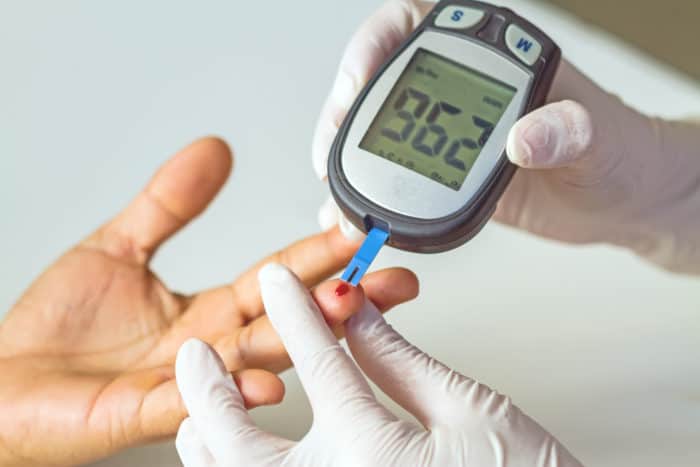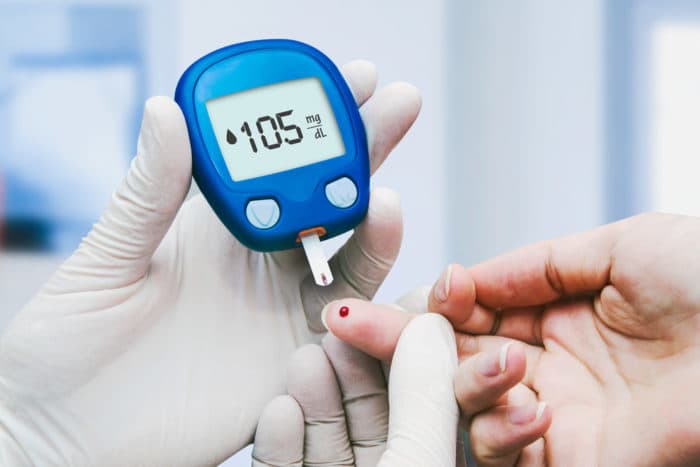Contents:
- Medical Video: Do Not Ignore These 10 Early Symptoms of Diabetes
- Norovirus is a dangerous viral infection
- So what is the effect of norovirus in diabetic patients?
- Be sure to keep your blood sugar checked regularly
Medical Video: Do Not Ignore These 10 Early Symptoms of Diabetes
Norovirus is a form of stomach virus that can cause vomiting, diarrhea, and severe dehydration. Although it tends to cause mild symptoms, but norovirus that occurs in people with diabetes can cause blood sugar levels to soar. How did it happen? See the explanation below.
Norovirus is a dangerous viral infection
Norovirus is a viral infection that can cause inflammation in the digestive system, such as the stomach and intestines. This condition can be experienced in children and adults. The most obvious sign that you will experience if you experience norovirus is:
- Nausea
- Gag
- Dehydration
- Diarrhea
Other symptoms accompanying the above symptoms include:
- Headache
- Stomach ache
- Arm and leg muscle pain
- Fever (above 38 degrees Celsius)
Symptoms of norovirus infection generally appear around 12 to 48 hours after a person is exposed to the virus. Even so, some people may not experience symptoms at all. Usually the symptoms will disappear on their own after a few days, but it is possible for symptoms to last longer in some people.
You can get this infection from contaminated food and objects, and direct contact with infected people. In fact, someone who has been declared cured can transmit the disease to another person.
There is no special treatment for this condition. But in general, the key to the treatment of norovirus is plenty of rest and ensuring that you get enough fluid to reduce the risk of dehydration. Norovirus that is not treated properly can make symptoms that are initially mild will get worse and even cause various complications.
So what is the effect of norovirus in diabetic patients?
When you get a viral infection, the body experiences tremendous physical stress in an effort to fight infection. For healthy people, the effects may not be much.
But in people with diabetes, this effect may double, given that diabetes itself is a condition that weakens the immune system.
This is compounded because your body produces more glucose as part of the fight process of infection. Well, this extra glucose in the bloodstream can cause a dangerous surge in blood sugar levels.
Vomiting and nausea caused by norovirus will also make you lose fluids and as a result you are prone to dehydration. In addition, because the infection can increase glucose, the body will produce more urine. As a result, dehydration becomes more severe.
Be sure to keep your blood sugar checked regularly
It is very important for people with diabetes to check their glucose levels throughout the day even if they are not fit. This is done to prevent glucose levels from increasing or decreasing drastically.
Make sure if your blood sugar is below 200 mg / dL. If blood sugar levels are above 300 mg / dL, immediately do a further examination to see whether there is a ketone in the blood or urine.
The presence of ketones in the urine indicates that you have diabetic ketoacidosis, a dangerous condition caused by acid buildup due to high blood sugar.
You also have to pay attention to your food intake. If you have no appetite, try to keep getting food intake no matter what.
The reason is, when you are sick and have no appetite, your immune system will automatically trigger blood sugar production more rapidly. Well, if you don't eat, but continue to inject insulin, this can actually trigger hypoglycemia that is harmful to your health.
Hypoglycemia itself is a condition of low blood sugar levels which causes the heart to beat too fast, tremble, hunger, anxiety, even convulsions to coma.
In addition, you also still have to inject insulin or take diabetes medication regularly. But remember, still balance insulin injections with food intake so as not to cause hypoglycemia as described above.














